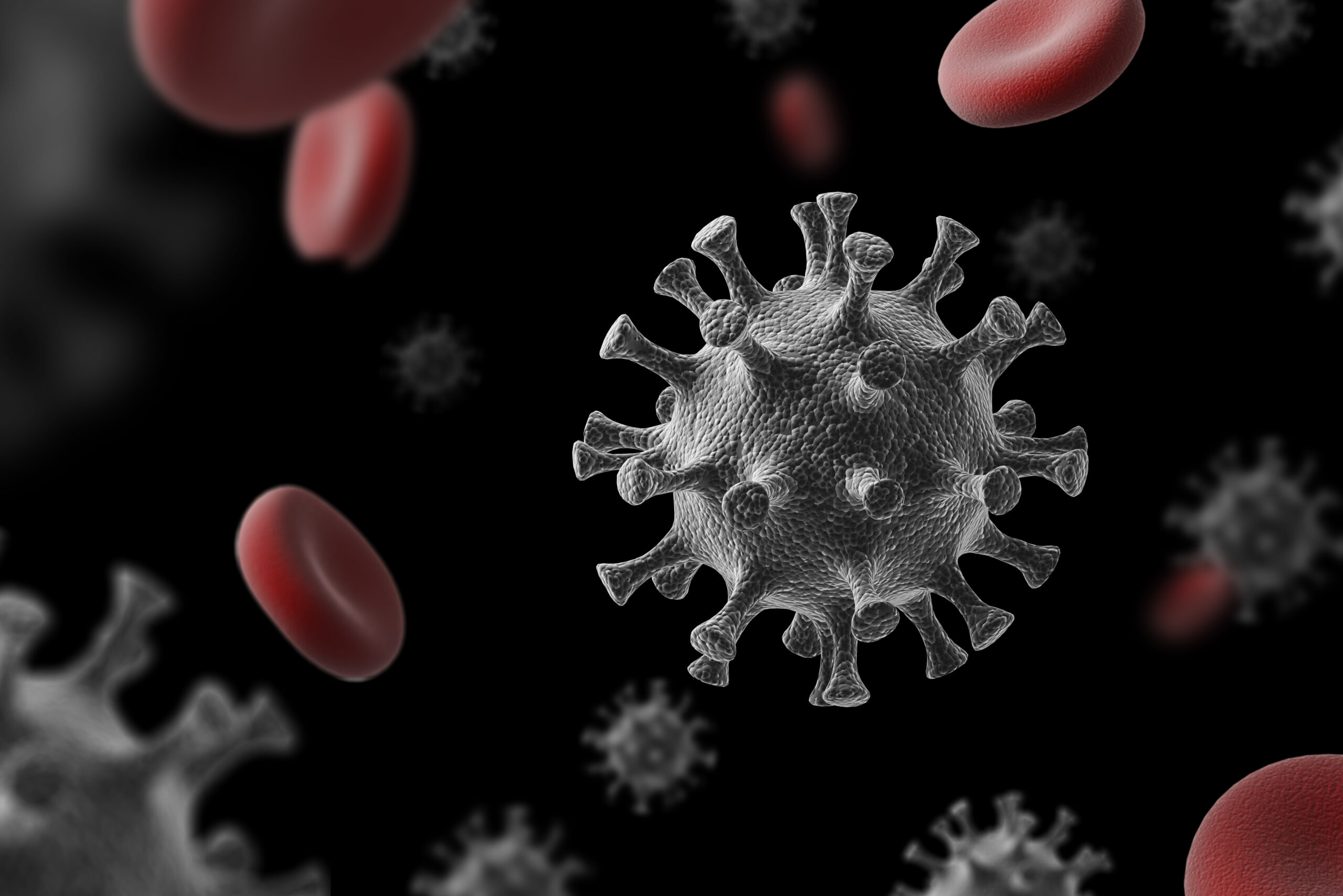
Influenza, commonly referred to as the flu is a viral illness caused by the influenza A and B viruses that attack the organs of the respiratory system. The nose, throat, and lungs are commonly affected. As the body’s immune system begins its response to neutralize the virus, it creates a lot of symptoms of the flu such as inflammation, extreme exhaustion, and fever.
Stomach flu on the other hand is not flu at all. The condition commonly referred to as “stomach flu” is viral gastroenteritis which affects the intestines and causes diarrhea, cramping, and other abdominal symptoms. It can be caused by a variety of viruses, with rotavirus, norovirus, adenovirus, and astroviruses being responsible for the majority of acute infections.
Both infections are highly contagious and can spread easily from person to person.
Key differences
Flu
Stomach flu (viral gastroenteritis)
Pathogens. Influenza A and B viruses.
Pathogens. Most commonly rotavirus, norovirus, adenovirus, and astroviruses.
Transmission. Flu primarily spreads from person to person. When tiny droplets of saliva or nasal fluids from an infected person (such as those made when sneezing, coughing, or talking) land on the nose or in the mouth of someone, they can get infected. Less frequently, people can get the flu when they touch contaminated surfaces such as door handles and handrails and then touch their face, nose, or eyes.
Transmission. Gastroenteritis viruses primarily spread through the fecal-oral route. They can also spread through the vomit of a sick person. Not washing hands after using the bathroom changing diapers, or cleaning vomit, poor hygiene, and contaminated food and water spread these viruses. Additionally, adenovirus can also spread by air droplets when an infected person coughs or sneezes.
How long can the flu viruses survive on surfaces? Flu viruses can stay alive and infectious on hard surfaces for 24 to 48 hours.
How long can the gastroenteritis viruses survive on surfaces? The viruses that cause gastroenteritis can last a long time on surfaces or in the water and keep getting people sick.
Rotavirus can survive for at least 4 hours on human hands, several days on surfaces when the humidity is 50% or lower, and for weeks in water.
Norovirus can survive for two weeks on hard surfaces such as toilet seats and door handles.
Adenovirus can survive for 7 days to 3 months on hard surfaces, especially at lower temperatures.
Astrovirus can survive for 90 days in marine and tap water. Like adenovirus, astrovirus survives better at lower temperatures such as 4 degrees Celsius.
Symptoms. Typical symptoms of flu are:
• Sore throat
• Runny nose
• Stuffy nose
• Cough
• Fever
• Feverish chills
• Headache and body aches
Symptoms. Typical symptoms of viral gastroenteritis are:
• Diarrhea
• Vomiting
• Stomach cramps and pain
• Nausea
• Low-grade fever
Treatment and recovery. In most cases, the worst symptoms of flu subside on their own by day 5 of the infection and most people start feeling better. A lingering cough and fatigue can last for up to 8 weeks.
Treatment and recovery. In most cases, viral gastroenteritis gets better on its own in 2-3 days. However, sometimes some symptoms may last for up to 2 weeks.
Who is at risk of severe sickness from the flu? Adults over 65 years of age and children younger than 5 years of age are the most at risk of developing complications such as pneumonia as a result of the flu. Individuals with health conditions that affect their heart, lungs, or immune systems (e.g. people with HIV infection) are also at higher risk of complications, as are those who take medications that weaken their immune systems.
Who is at risk of severe sickness from viral gastroenteritis? Young children and older adults are more at risk of developing more severe or longer-lasting symptoms. People with compromised immune systems such as those with HIV, undergoing chemotherapy, or taking medications that suppress their immune systems (e.g. those who have autoimmune diseases) are at higher risk of developing severe sickness.
When to seek medical care for flu. If you are older than 65 years of age or are a parent of a sick child younger than 5 years old, check for flu infection and seek medical care as soon as possible.
Depending on the patient’s health, the physician may suggest letting the body recover naturally, or they may prescribe antiviral medications. Such medications work best if started in the first 48 hours of symptoms-onset and can reduce the intensity of the symptoms and the length of the recovery.
Healthy adults who have the flu should seek medical attention if they don’t feel much better after 5 days, or if their fever does not come down with over-the-counter fever-relieving medications such as ibuprofen.
When to seek medical care for viral gastroenteritis. If you are older than 65 years of age or are a parent of a sick child younger than 5 years old, monitor the symptoms closely and seek medical attention if there is substantial pain or discomfort or if there is a fever over 102 degrees Celsius.
Healthy adults with gastroenteritis should seek medical attention if they feel a sharp pain in the stomach, have a fever higher than 104 degrees Celsius, there is blood in their vomit or poop, or they feel lightheaded and dizzy.
Vaccination for flu. There is a yearly vaccination for flu that is quite effective at preventing its worst symptoms. Most vaccinated people who get the flu will have milder symptoms and faster recovery, or they may not feel any symptoms.
Vaccination for viral gastroenteritis. There is a vaccine or rotavirus that is given to infants. A vaccinated child can still get sick from rotavirus, but the sickness is generally less severe and shorter in duration. There are no vaccines available to the general public for the prevention of norovirus, adenovirus, or astrovirus infections.

Overlap in the symptoms
Influenza can cause diarrhea and vomiting, though these symptoms are seen much more commonly in children than in adults. Young children who have been vaccinated for the flu may show no symptoms or only a few symptoms of flu infection such as occasional gastrointestinal distress. While these symptoms may resemble those from stomach flu (viral gastroenteritis), they are from influenza infection.
Tips for prevention of flu and stomach flu
Good hygiene and regular washing of hands can help avoid both infections. Wash hands with soap well- long enough to sing Happy Birthday twice after coming in contact with poop or vomit, or before preparing or handling food.
Viral gastroenteritis in particular can be prevented by washing hands well after cleaning poop or vomit and disinfecting any surfaces that may have come in contact with the viruses. Not all household cleaners are effective at killing gastroenteritis viruses. For example, adenoviruses are not killed by lipid disinfectants but can be inactivated by a 1:5 dilution of bleach. They are also inactivated by alcohol-based hand sanitizing gels.
The information provided in our blog posts is for informational purposes only and is not intended as a substitute for professional medical advice, diagnosis, or treatment. Always seek the advice of your physician or other qualified health provider with any questions you may have regarding a medical condition. Never disregard professional medical advice or delay in seeking it because of something you have read on this blog.






